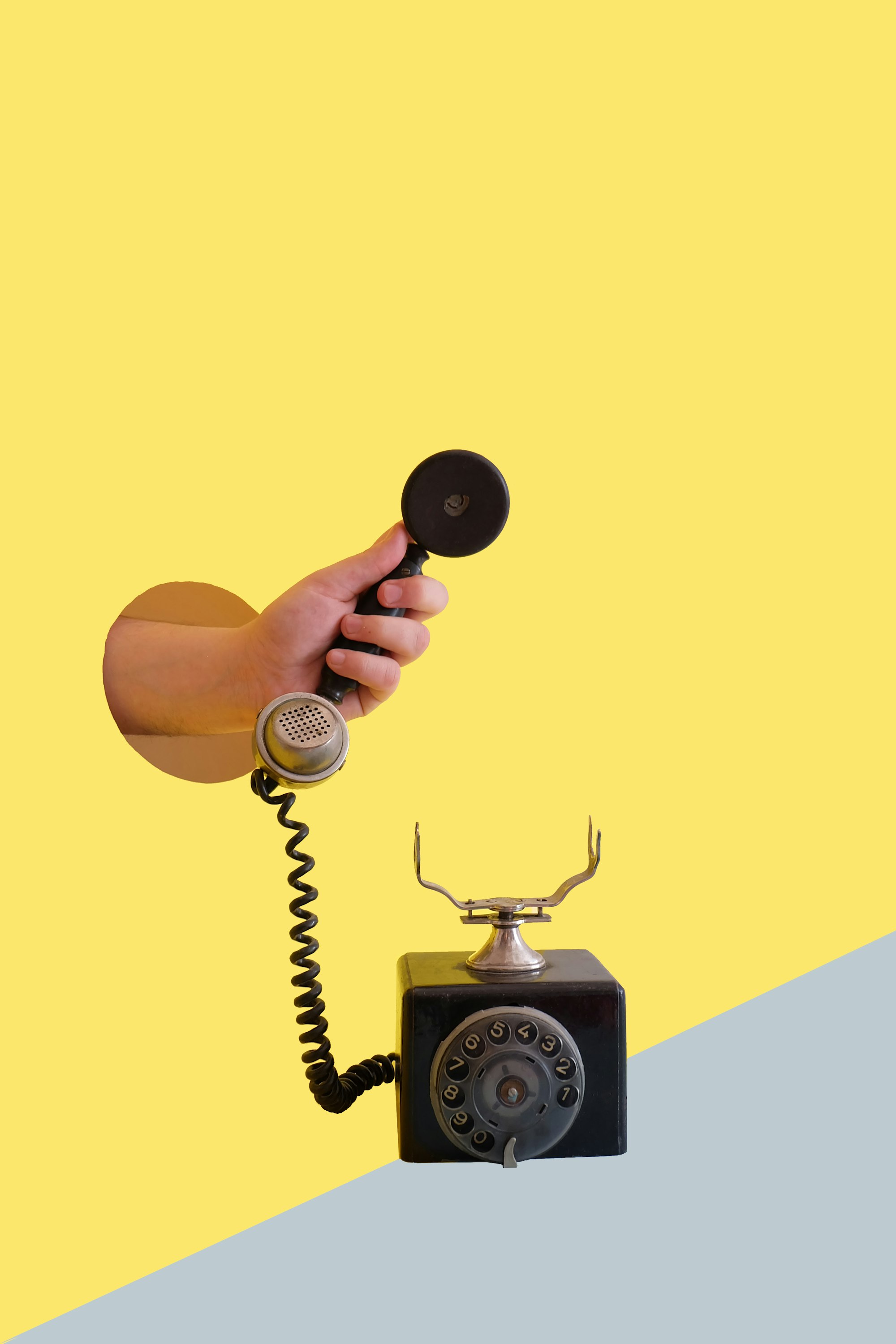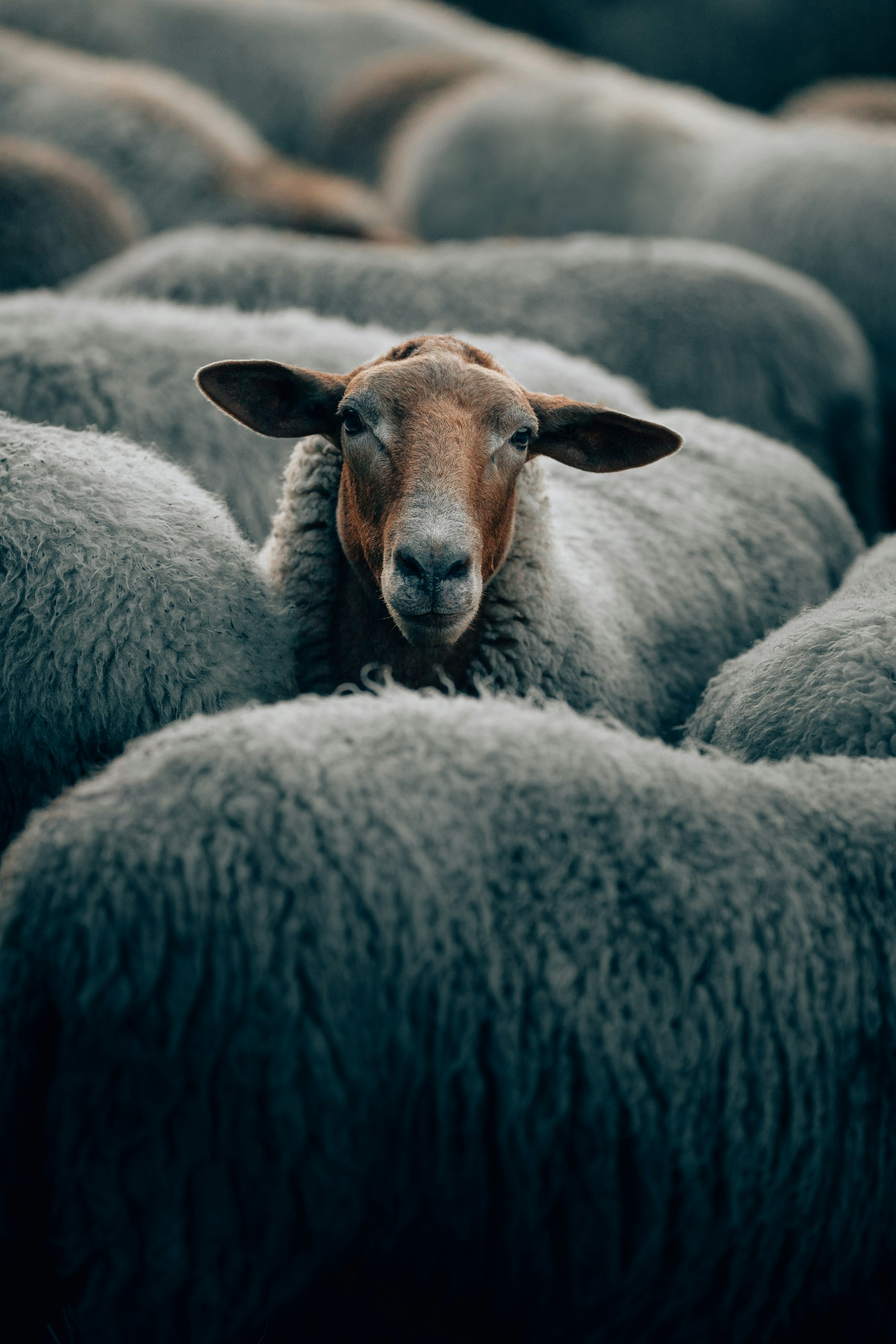At the age of forty I discovered that around 97% of all people can actually visualize stuff. Consider my black mind blown!
Aphantasia is the term for people who cannot visualise images in their head, the combination of the prefix "ἀ," meaning "absence of," and "φᾰντᾰσῐ́ᾱ," the Greek word for imagination.
I don't think it is a perfect term, as I do can imagine things, there is just no visual component to it. I "imagine" things conceptually, emotionally and sometimes in language, albeit without any mental sound.
How could I have not realised that other people could imagine things with actual mental images until I came across the term "aphantasia"?
Funny enough, during my university years, my flatmates and I talked about our thinking processes. When my best friend Sarah explained to me that she thought in pictures I considered myself to be lucky to have a bestie with superpowers.
I genuinely thought that she was the one who was on the odd side.
Counting sheep? So weird.
Finding out about aphantasia
In 2021 I started using YouTube as a learning tool. I had mistakenly assumed that YouTube was only an impractical means to listen to music. Or watch people showing off whatever. Eventually I realised that I could use YouTube to learn about all kinds of things and excitedly watched some TED-Talks.
One day a suggested Ted-Talk youtube video grabbed my attention, because of its title saying: "Seeing the world without a mind's eye." And maybe the conversation with my flatmate Sarah lurked somewhere in the back of my mind suggesting that this video might be relevant.

Talking about aphantasia
After watching the video and understanding that it was me, who was the odd one, I couldn't help but talk about aphantasia. To my father, my friends, and also to strangers. (I stopped talking to strangers about it after I made a random nice guy cry out of pity for me.)
I realised right away that my father was aphantasic, too. Calling him on the phone, he confirmed my suspicion. I explained about aphantasia to him and expected him to be as astonished as me. But he seemed hardly interested. This only contributed to my excitement about aphantasia.
How could I be so enthralled but my own father only slightly surprised?
When I told Kenji, one of my closest friends in Japan about aphantasia, he also reacted in a different way than I had expected. But he showed interest and I told him what I knew about aphantasia. Turns out the reason for his reacting differently from what I had expected was that he has aphantasia, too.
The same with another of my closest friends, Yōsuke. He was also among the first couple of people I told about aphantasia and he, too, said he was at least on the aphantasic side.
What are the odds?

The perks of being an aphantasiac
Out of sight, out of mind
I've lived in Japan for the past ten years. Apart from many of my best friends and my family. Especially since 2020 meeting up with my folks from home is somehwere near impossible. I could leave Japan, but then I might not be able to return. That is not a risk I am willing to take.
Besides, being aphantasiac, I can cope with separation very well. Until finding out about aphantasia, I would feel guilty for not missing everyone at home enough. I guess "Out of sight, out of mind" is a pretty much true for aphantasiacs.
No need for sheep
My favourite perk of being aphantasic has to do with falling asleep.
Once in a blue moon I lie awake at night and wonder why I can't fall asleep. I lie awake for what feels like hours on end. But eventually I do fall asleep. Those are the nights when I need approximately five minutes to fall asleep. Normally I fall asleep more or less instantly. Most times I manage to pull the duvet up to my ears before I am fully asleep.
Apparently, most aphantasiacs can fall asleep easily. I can't imagine what it must be like to not be able to fall asleep for more than five minutes. I think that's the max of what I could endure.
Undistraction
Something else that I have always taken for granted was being able to live in the moment. Staying focused is very easy if there aren't any distractions. And unless there are any visual/aural/tactile distractions, my mind will not disturb me with any involuntary distractions of any sort. So a controlled environment will result in laser-focus for me.
Many years ago I came across a survey that proposed that a large percentage of people were distracted by thoughts about sex and food during their work. It had always puzzled me. But now that I know that people can imagine all sorts of things, I can, well, imagine how people might get distracted.
The downside of being mindblind
Directionelly impaired
I cannot remember directions. Not even if my life depended on it. I don't know what the view will be like when I turn a corner. Even inside my own house. I can log information, so I know what to expect, but I have no visual preview.
Faceless
I cannot remember faces. Which is sort of also listed as an upside above, but it is also negative at the same time. I cannot remember what my husband looks like. Or my daughters. The only way to "remember" their faces is to look at photos.
Of course I can memorise faces, so I will recognise them when I see them. I can store informative descriptions about them, so I can explain what they look like. But I cannot conjure up images of them.
Drawing
I cannot draw. But maybe I am falsely blaming my aphantasia for it, as ex-pixar chief Ed Catmull is also aphantasic. Glen Keane, the Disney animator who drew Ariel is, too.
Dark past
I hardly have any autobiographical memories. But I'm not quite sure if this is a downside in my case, as I would have accumulated many memories that I am quite happy to be rid of.
Would you rather be non-aphantasic?
Tricky question. I think I would choose to have been born with the ability to create mental images. But I would not choose the ability after having spent forty years of my life without it. It just seems scary. Too much unnecessary distraction.
And who actually really benefits from being able to count sheep?





